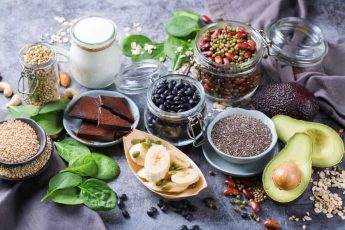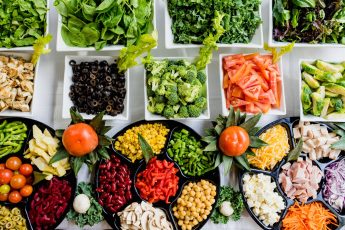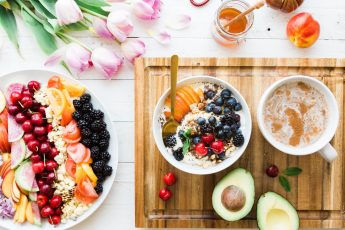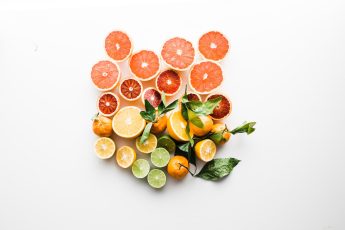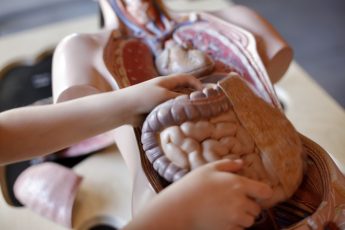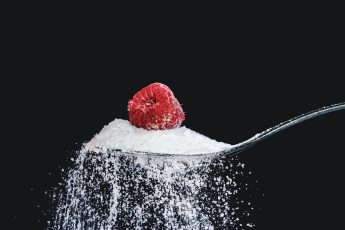Can natural products improve brain function?
Today, many scientists are talking about the nootropic effects of various substances. Indeed, some synthetic and natural compounds can improve cognitive functions, help remember, think more clearly, and notice minor details. Of course, the effect of many synthetic drugs has been scientifically proven. Still, scientists have also identified some substances that, in the long term, can replace medication and help enhance brain function. Let’s consider these natural substances in more detail because some of them are often present in our diet.
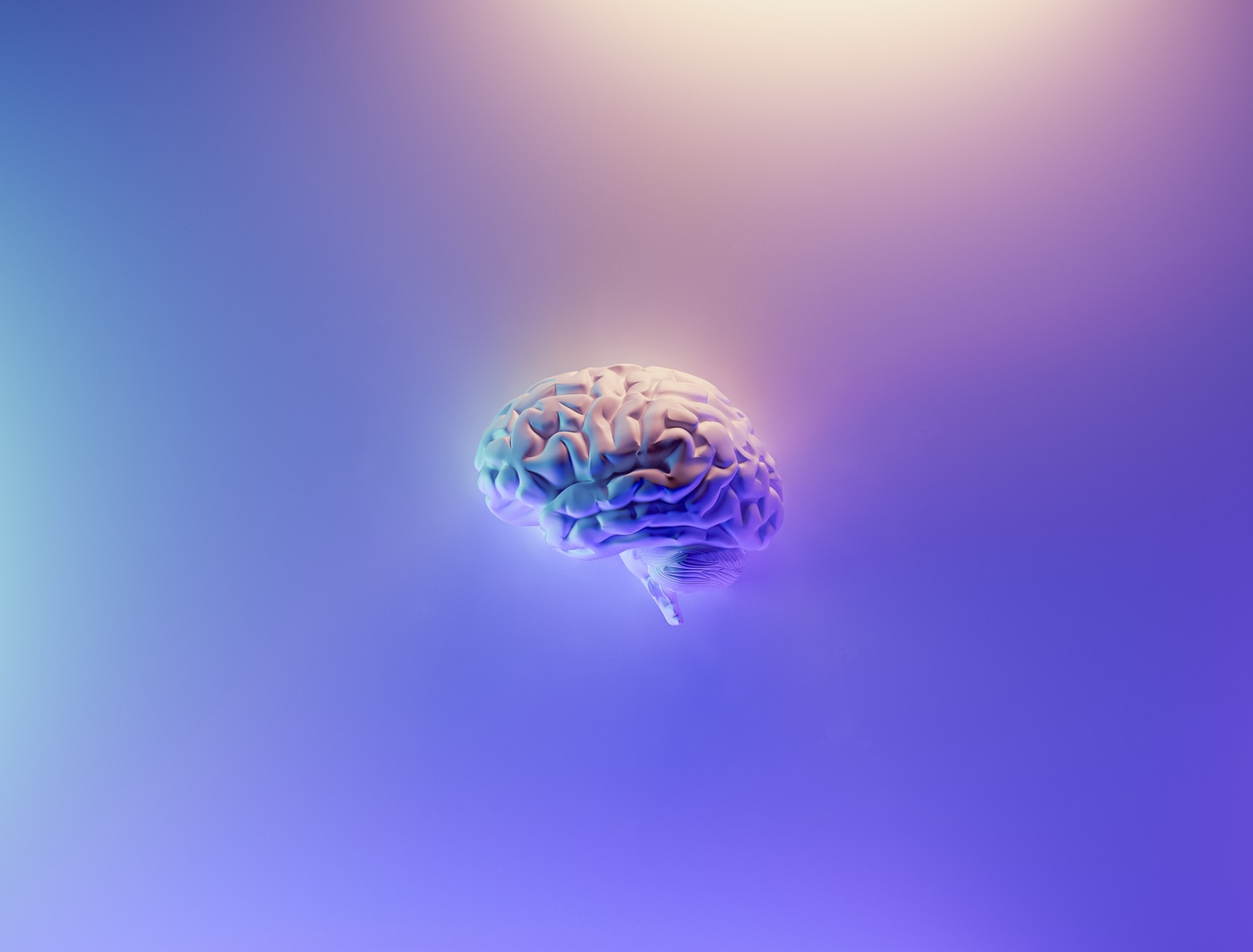
Caffeine
As the most common nervous system stimulant, caffeine competitively blocks adenosine receptors and reduces the activity of adenosine, a substance that causes fatigue and drowsiness. Caffeine can improve reaction speed, attention span, and ability to concentrate. You only need about 100 mg of caffeine to feel these effects, which is the amount contained in a standard cup of coffee (220 ml).
L-Theanine
Theanine is found in roughly equal amounts in black tea and green tea. High doses of this amino acid (200mg) lead to relaxation and concentration, while low doses (50mg) help activates creative activity. Alas, one cup of tea contains only about 20 mg of this substance, and you can get more of it from special supplements. Naturally, it is necessary to consult a doctor before making such preparations.
Glycine
This amino acid comes from protein-rich foods – meat, fish, eggs, and many others. Glycine is essential for synthesizing building proteins (collagen in particular). In addition, the substance is involved in metabolic reactions and regulates the nervous system, heart, and blood vessels. Many studies confirm the beneficial effects of glycine on memory functions, the speed of thought processes, and recovery mechanisms in the nervous system.
Today they often prescribe glycine to patients with increased psycho-emotional stress, insomnia, and difficulty processing information. A person receives no more than 2 g of glycine per day in a regular diet. You will require additional intake of the substance in the form of pharmaceutical preparations to achieve a stimulating effect.
Brahmi
Indian Shieldwort has long been used by healers in the East to combat stress and depression. Today, it is proven that Brahmi contains bacosides – active substances that protect brain cells from various influences and improve the transmission of impulses between neurons. Today many dietary supplements have the extract of this plant. In addition, Brahmi is used to prepare therapeutic ointments and cosmetics.
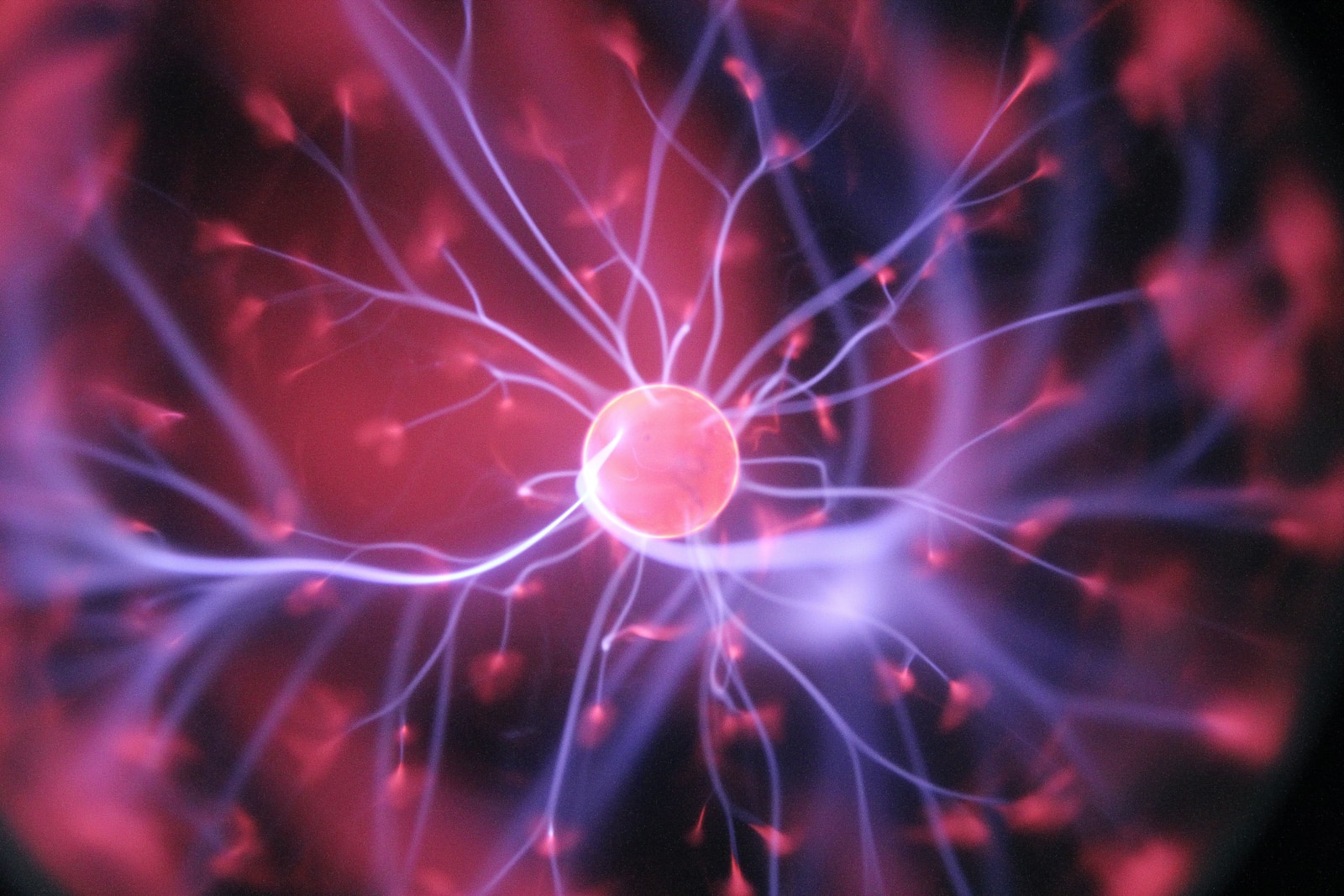
Gingko biloba
Numerous studies show that long-term use of Ginkgo Biloba extract improves memory and cognitive functions, especially in older people. In addition, the substance has a beneficial effect on blood pressure levels, reduces the “degree” of stress, and normalizes the process of falling asleep. However, Ginkgo Biloba is quite a potent allergen, so you should always get medical advice before consuming it.
Ginseng
For several centuries, ginseng has been known as one of the main remedies of Oriental medicine. The plant’s root is indeed recognized as a powerful antioxidant and nootropic. It is sufficient to take about 200-300 mg of ginseng powder once a day for a noticeable improvement in mental abilities and vigor. Observations have shown that the nootropic effects of ginseng wane over time as gradual habituation develops.
Rhodiola rosea
Rhodiola Rosea is a well-known adaptogen that can combat stress, improve mood, and improve mental abilities. Experts have found that Rhodiola can help renew the nervous system and enhance well-being and sleep, but only if taken in small doses daily. The problem is that the exact amount, the reception of which will have a healing effect, is different for everyone. Scientists have not yet calculated universal values.
Lemon and lime
Many people have probably seen citrus fruits eaten with the zest and have also tried it. In addition to its direct stimulating effect by irritating the taste buds, lemon has a wide range of essential compounds that stimulate brain activity. In addition, lemon and lime contain many vitamins and help replenish physical strength. Naturally, it would be best if you did not eat a lot of lemon at once, as it can damage the stomach and cause allergies.
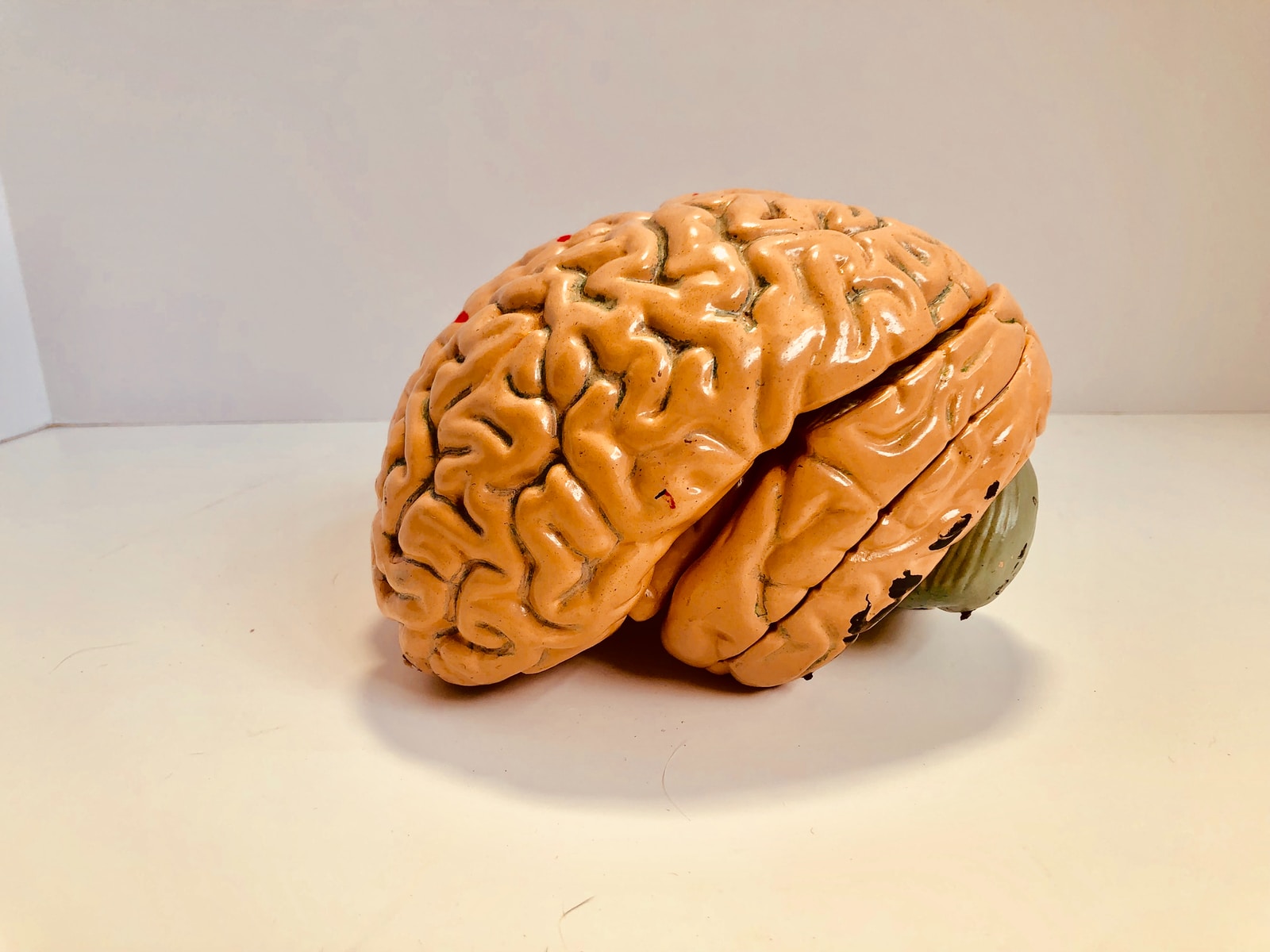
Gotu kola
The tropical Gotu kola plant is known for its high content of substances that stimulate the production of acetylcholine. This substance is a neurotransmitter and improves impulse transmission in the nervous system, enhancing memory, thinking, and activity. Some studies have shown that taking an extract of this plant contributes to improving the condition of patients who have suffered a stroke or brain injury.
Maral root
Because Maral Root is an excellent tonic, athletes greatly appreciate it. Indeed, Maral Root tincture causes a burst of energy, relieves fatigue, and increases attention and ability to concentrate. However, the effect is strictly dependent on the dosage. A low dose of Maral Root will not cause any stimulation, while an overdose of just a few mg will lead to unwanted relaxation and apathy.
Conclusions
Modern science does not stand still, and the pharmaceutical industry keeps offering new, more effective nootropics and stimulants. Many specialists advise giving preference to herbal remedies, especially if there are no serious diseases. Naturally, each person chooses for themselves how to increase their work capacity and improve mental performance.
